How Manila players prepare for FIBA 3x3
The 3x3 game is a nonstop, high-intensity sprint that demands a unique combination of strength and endurance. Our 3x3 heroes—Mark Jayven Tallo, Matthew Salem, Adeshokan Odou, and Christian Manaytay—gear up to represent Manila MelMac in upcoming FIBA 3x3 tournaments. Curious not just about the plays on the court, but also about their crucial preparation, we asked them what fuels their performances.
THE PHILIPPINE STAR: How is your daily nutrition designed to complement your grueling training regimen? What does a typical pre-training breakfast look like to provide explosive energy? What is your go-to recovery meal or shake to repair muscle and reduce inflammation?
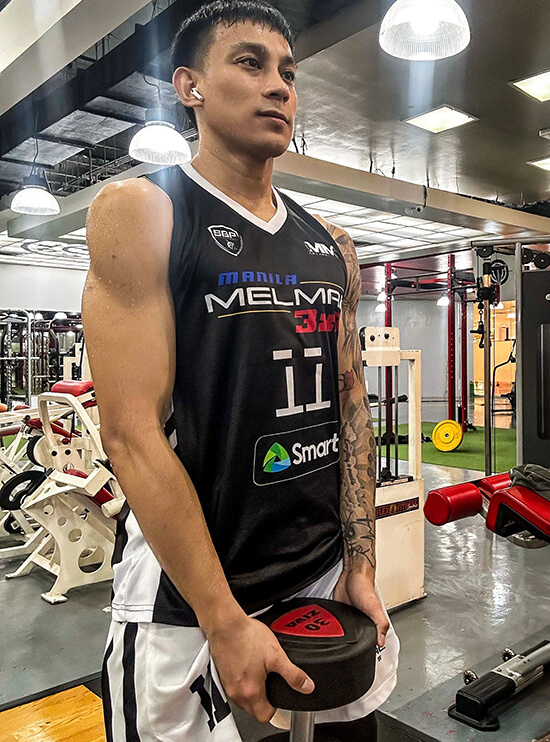
MARK JAYVEN TALLO (MT): For breakfast, I take one-and-a-half cups of rice. That helps me in my everyday routine. When the training is very intense, I take two cups of rice because rice is a significant source of energy for our bodies.
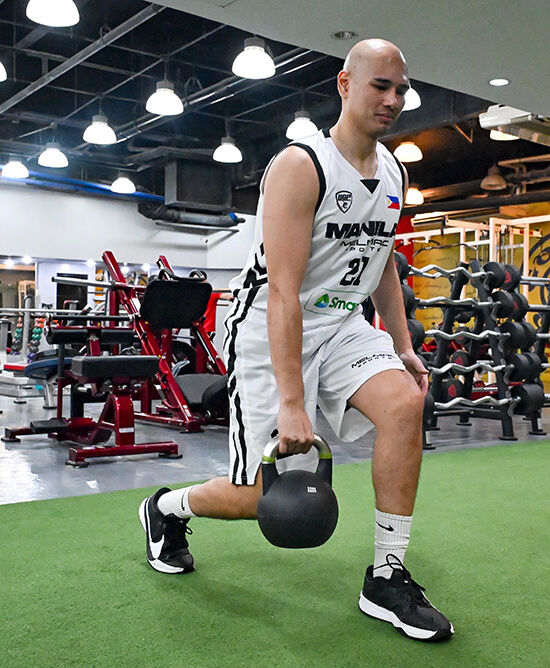
MATTHEW SALEM (MS): I like to keep things pretty light in the morning. I’ll usually have coffee and some fruit, nothing too heavy, because I don’t like going into practice or games on a full stomach. I rely more on the meal the night before to fuel me, making sure I get in good carbs and lean protein so I’m ready to go the next day. After training or a tough session, I make sure to get my protein in right away, whether it’s a shake or a meal, and then I prioritize rest. Recovery is just as important as the workout itself.
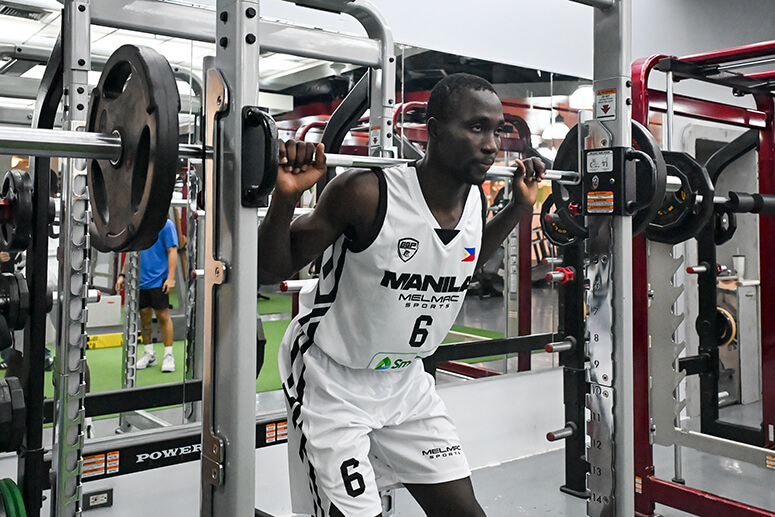
ADESHOKAN ODOU (AO): My typical breakfast: high-carb breakfast meals every morning, like cereals, milk, and a banana or rice meal with some veggies and fruit. My go-to recovery is a chocolate milk smoothie, chicken, and potatoes. To repair muscle and reduce inflammation, I apply ice to my leg.
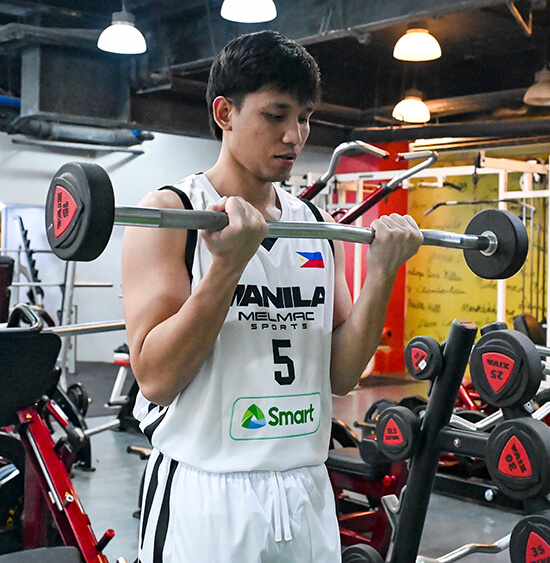
CHRISTIAN MANAYTAY (CM): For my daily nutrition, I try to hit a specific number of calories/protein per day. I only eat oats in the morning with fruits, so I get a steady amount of energy throughout my training. My go-to meal usually consists of protein and carbohydrates to optimize my recovery and sustain my high-intensity practices and performance.
Traveling abroad to compete means battling disrupted sleep cycles and unfamiliar environments, aside from tough competition. How do you proactively manage your sleep hygiene and adjust to new time zones, and what are the non-negotiable recovery protocols you practice?
MT: For me, everything starts the night before. It starts with what time you sleep and the hours you sleep. I always sleep around the 9 to 11 p.m. window because sleep is the most crucial aspect of recovery and provides strength for the next day. I have a stretching and core exercise routine in pre-game, in between games, and post-game. It helps me prepare mentally to be more focused because my routine gives me the momentum I need in the game.
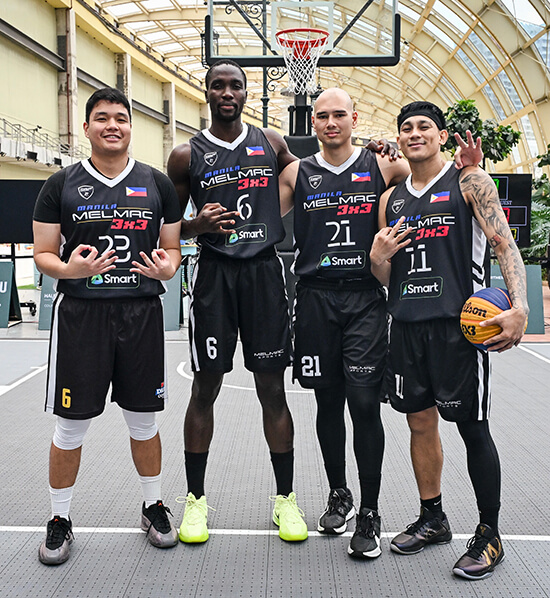
MS: A big non-negotiable for me is having a clear plan for the next day, when I’m going to rest, when I’ll do mobility, and when I need to switch off and let my body recover. Especially with international travel, I know my body won’t adjust to a new time zone in just a day or two, so I try to control what I can: sticking to routines, getting movement in early, and making sure my recovery is scheduled, not just reactive. It helps me stay grounded, both physically and mentally.
AO: Non-negotiable recovery protocols that I practice between games—stretching, ice compression. For mental and visualization, I listen to music or meditate quietly. For my sleep hygiene, I make sure to have eight hours of sleep and lift weights when I’m in a new time zone so my body can adjust. I also meditate as much as possible because it brings me calmness, focus, and inner peace to start the game day strong.
CM: For me, my non-negotiable protocols are to do my stretches and mobility drills to ensure my body is well-prepared to prevent injuries and perform what is expected of me. Mentally, it’s just visualizing how I will move in the game, the things that I need to do to help the team, and how the other team will play us. To adjust to new time zones, there’s nothing better than to sleep and eat the right food.
In a high-pressure 3x3 match, dehydration can impact everything from reaction time to decision-making. Beyond just drinking water, what is your team’s strategic approach to hydration throughout a tournament day, especially in varying international climates?
MT: I drink a lot of water before the game. The only drink that helps me with my hydration is Pocari. I also take more fruits, especially bananas and apples.
MS: Hydration is huge for me, especially in tournament settings. I take creatine and electrolytes regularly to make sure I’m not just drinking water but also retaining what my body needs. Whether it’s hot and humid or dry and high altitude, staying on top of hydration throughout the day is key to keeping my energy up and staying sharp during games.
AO: Beyond just water, we drink Pocari, amino drip, creatine, coconut water, as well as some fruits like bananas, dates, and some chocolates.
CM: I cannot speak for the team, but how I approach it is by drinking electrolytes like Pocari alongside a banana. Since 3x3 is continuous with three or four games in a day, it’s difficult to time when I eat, so I will try to eat carbohydrates after every game to ensure I have energy to play the next.


